Market Analysis
In-depth Analysis of Packaging Machinery Market Industry Landscape
The Packaging Machinery Market is a highly dynamic area that affects the world economy significantly. These changes have occurred due to an increased number of packaged products demanded by various industries across industries. Driving forces influencing the dynamics of packing machinery technology have changed over time, with automation leading advances. These shifts are known today as technological evolution and smart technologies, which have greatly improved efficiency, accuracy as well and accelerated speed when it comes to packing processes across many industries worldwide robotics+ artificial intelligence reduced mistakes and errors, enhanced productivity, and operations streamlining hence manufacturing organizations are purchasing state-of-the-art packaging machines in order to remain competitive. Moreover, consumer tastes have also greatly changed the market dynamics of packaging machinery. Nowadays, customers want products that come in easy-to-open, reusable containers that are good-looking. Sustainability has emerged as an important driver of change in the market for packing technology. This is also due to growing concerns about environmental issues. Hence, people now pay more attention to eco-friendly packing solutions and materials with less or no effects on the surroundings, thereby extending the use life of that machine. Manufacturers are now practicing sustainability so as to meet both government policies and customer requirements, thereby creating a huge demand for such packaging mechanisms in an eco-friendly direction. Meanwhile, manufacturers are increasingly embracing green initiatives to comply with regulations and satisfy consumers' expectations; this has led to tremendous growth in demand for eco-sensitive packaging machinery. The regulatory environment is another factor influencing the Packaging Machinery Market. Governments and international organizations are implementing strict regulations governing packaged goods' safety and quality. To comply with these regulations, manufacturers will have to invest in modern packaging machines that meet specific standards. Global economic trends and geopolitical factors influence the Packaging Machinery Market's market dynamics. Growth in economies, trade policies, and geopolitical stability affect the purchasing power and investment decisions of companies in various industries. Intense competition among major players defines the Packaging Machinery Market. Product innovation, strategic partnerships, and acquisitions are some of the ways through which market players differentiate themselves.


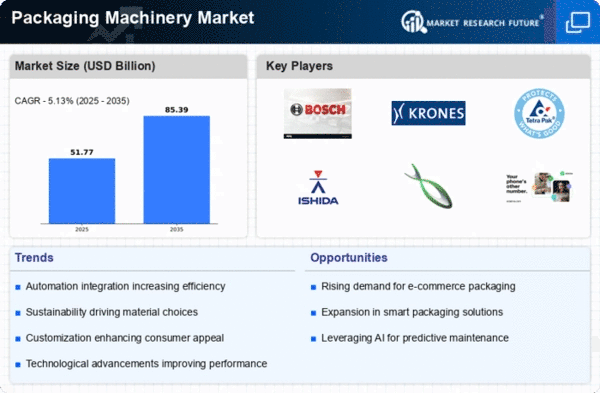
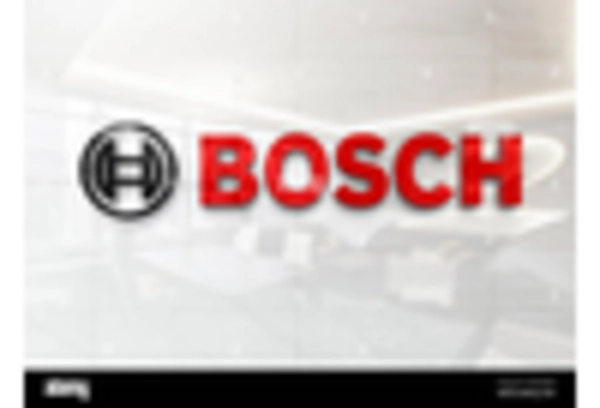
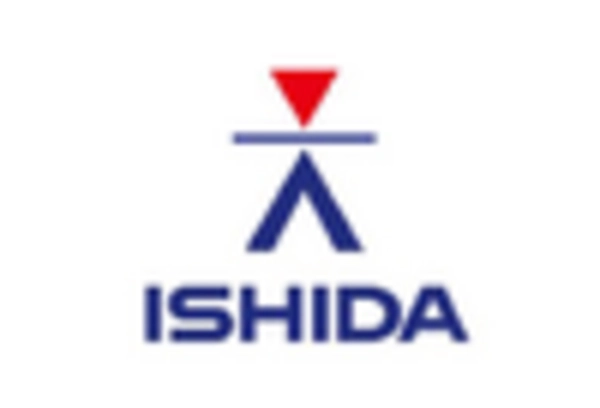
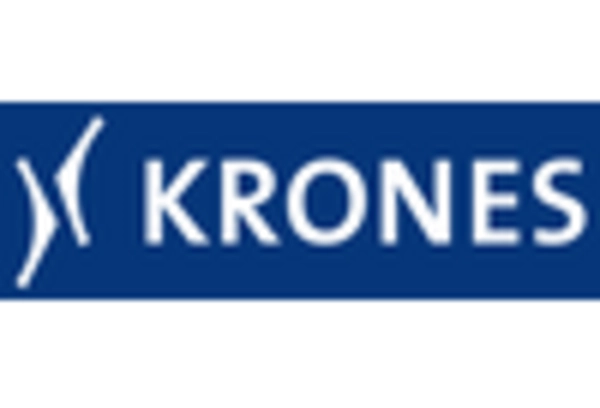
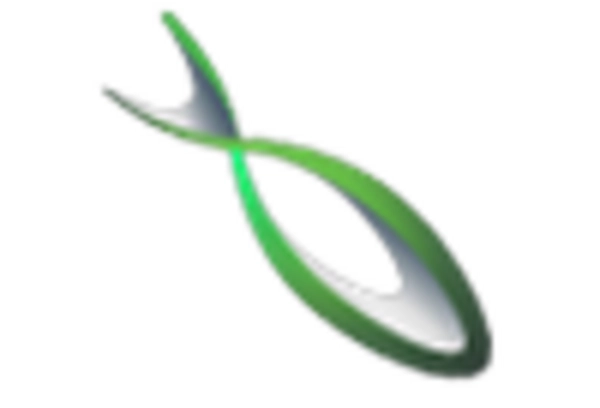

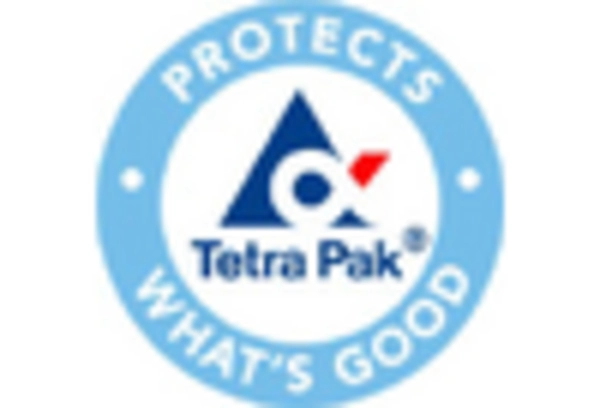









Leave a Comment